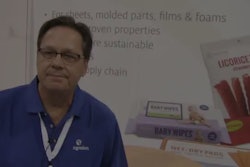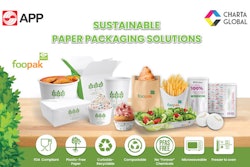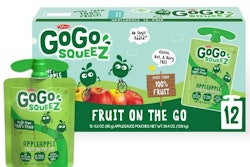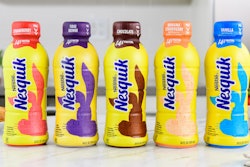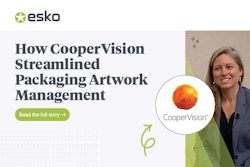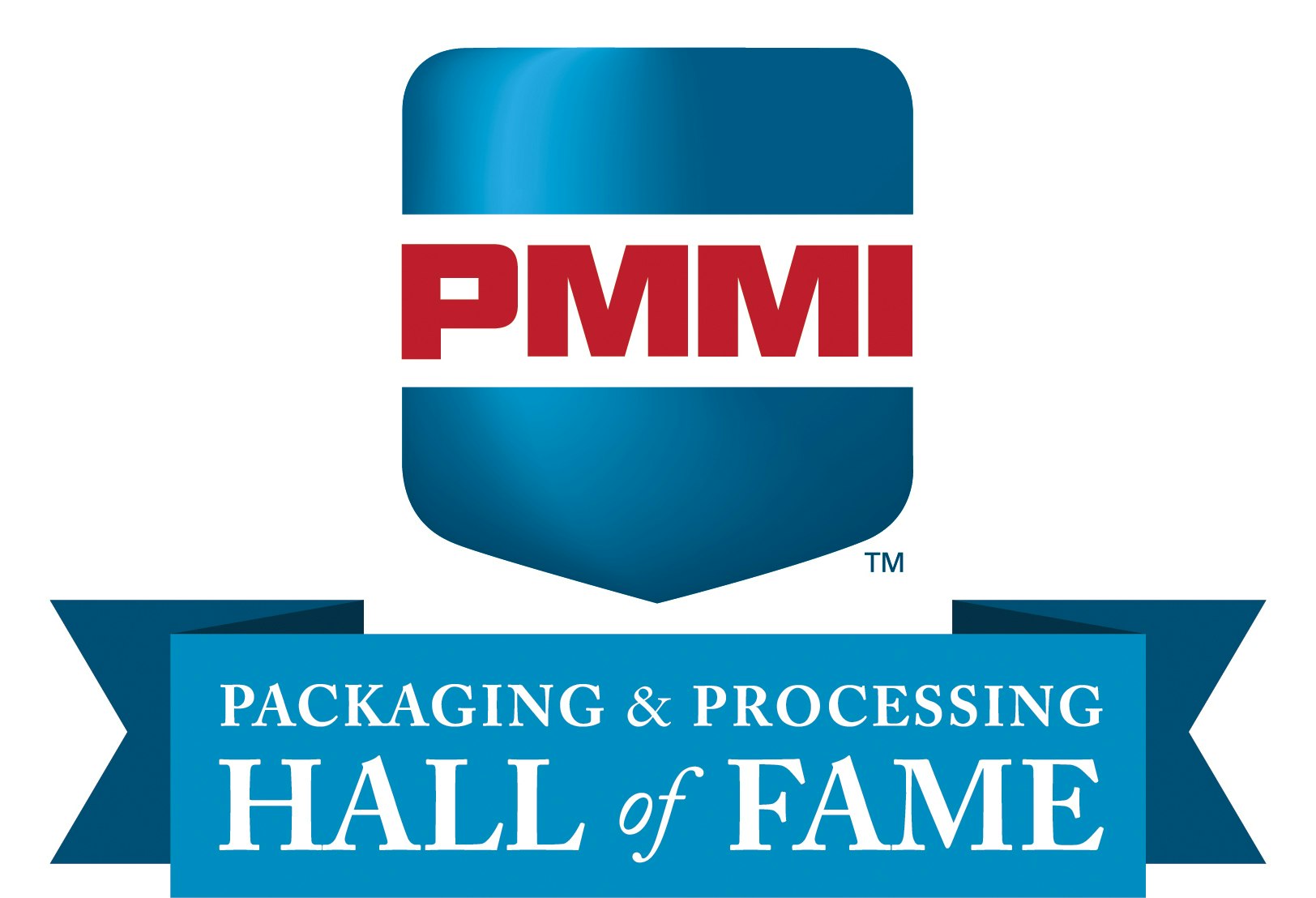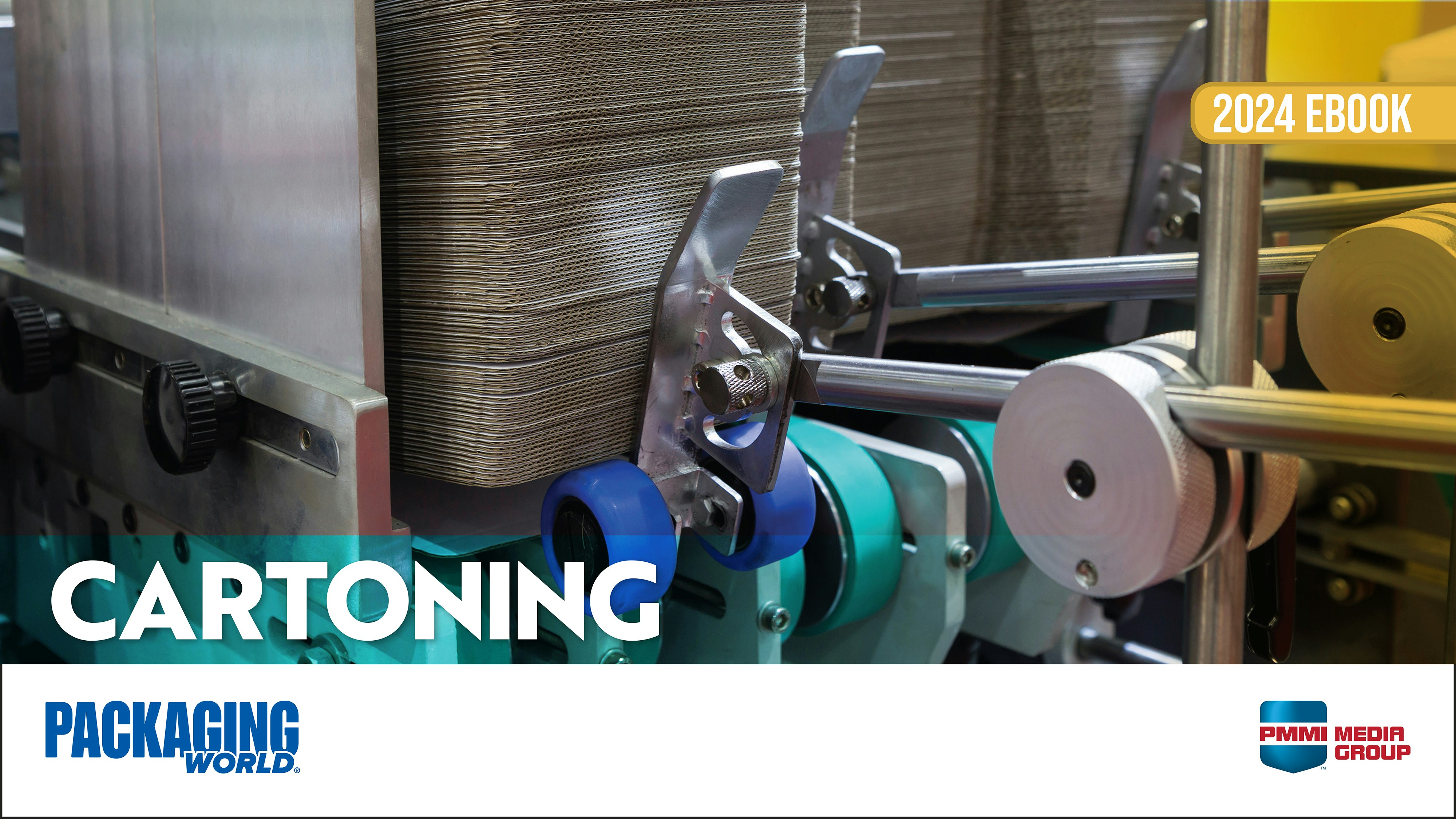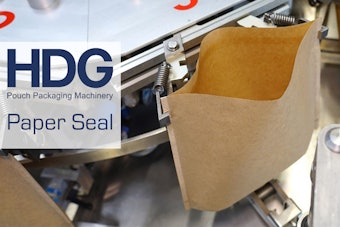
All of these issues are evident in today's market trends, according to Lynn Dornblaser, director of innovation & insight with Mintel Group, who delivered a presentation on sustainability in packaging at the Pack Expo 2013 Innovation stage on September 23.
"About one third of respondents can be considered Super/True Greens. Based on U.S. Census population data, this equates to about 77.6 million Americans aged 18+ who buy green products at least regularly," according to Mintel consumer surveys. Consumers still want to do the "right thing" (See Fig.1). Research also, however, indicates a tapering off of avid interest in sustainability. From December 2007 to December 2012, more consumers have become less adamant, or more "casually green," and fewer are "super/true green," meaning almost always or regularly green. (See Fig.2)
Adding clear callouts to green benefits, in turn, is a practice that continues to rise in product introductions particularly in recyclables, an area for which 72% of consumers resopnd favorably. (See Fig.3) Accordingly, more mainstream products cater to that general green interest with, for instance, the on-package promotion of recyclability on boxes of Hungry Jack pancake mix. Underlying some of those packaging callouts are package engineering innovations, sometimes with multiple product and package attributes. For example, the all-paper recyclable microwavable popcorn bags used by Quinn Popcorn eliminates the susceptor layer to eliminate perfluorooctanoic acid, a toxicant and carcinogen in animals found in the environment. Sometimes, innovations like the lightweighting of bottled water containers, can be seen as "flimsy," which must be considered before forging ahead with sustainability for its own sake. In a study of UK consumers, 26% of consumers seemed to feel that way, and while it was a relatively small proportion, that response is "worth attention" in considering the adoption of green innovation.
Dornblazer cited many more examples, including Kroger's Simple Truth Breakfast cereal using recycled paperboard (for the carton); P&G's Febreeze To Go with 25% post-consumer recycled materials; Seventh Generation brand laundry detergent using alternative container materials to traditional plastics; Mexican Salud's Clustered Water using biodegradable materials; and use plant-based PET in products such as Coca-Cola's Plantbottle technology. For that innovation, Coke claimed savings equivalent to a 10,000-metric ton reduction in CO2 emissions. Heinz, which adopted the technology, made marketing hay on its ketchup bottles with graphics and a web link to an online eco-themed trivia game titled as ‘Guess What We Just Planted.’
Consumers aren't fully aware or educated on issues and definitions, in particular biodegradability, and their willingness to pay more varies with the attribute.
As for the future, kids indicate continued interest in sustainability.
"Increasingly, children try to get their parents to buy “green” products, indicating those children may be more environmentally active as they reach adulthood," Dornblaser said. Mintel research indicates that in 2012, 26% of U.S. children aged 6-11 agreed with the statement, "I try to make my parents buy 'green' products.'" That's more than double the 11% of kids who said the same thing a decade ago.
Bottom line, Dornblaser advises brand owners to balance environmental benefits against convenience to consumers for optimal benefits. Brands need to also balance their own sustainability with actions consumers can take in their personal choices, such as recyclability. And while the number of hard-core green fanatics has waned, more consumers seem to be interested in going green in little ways every day.


